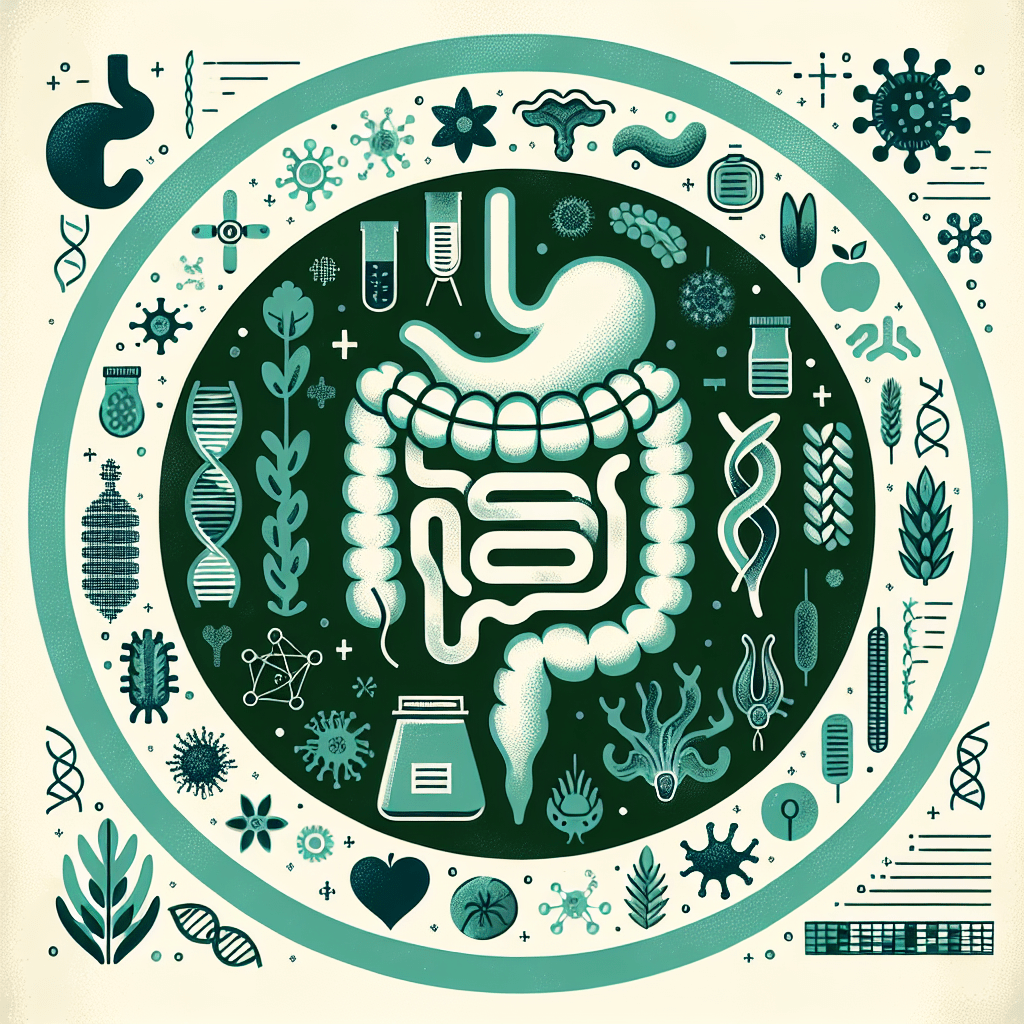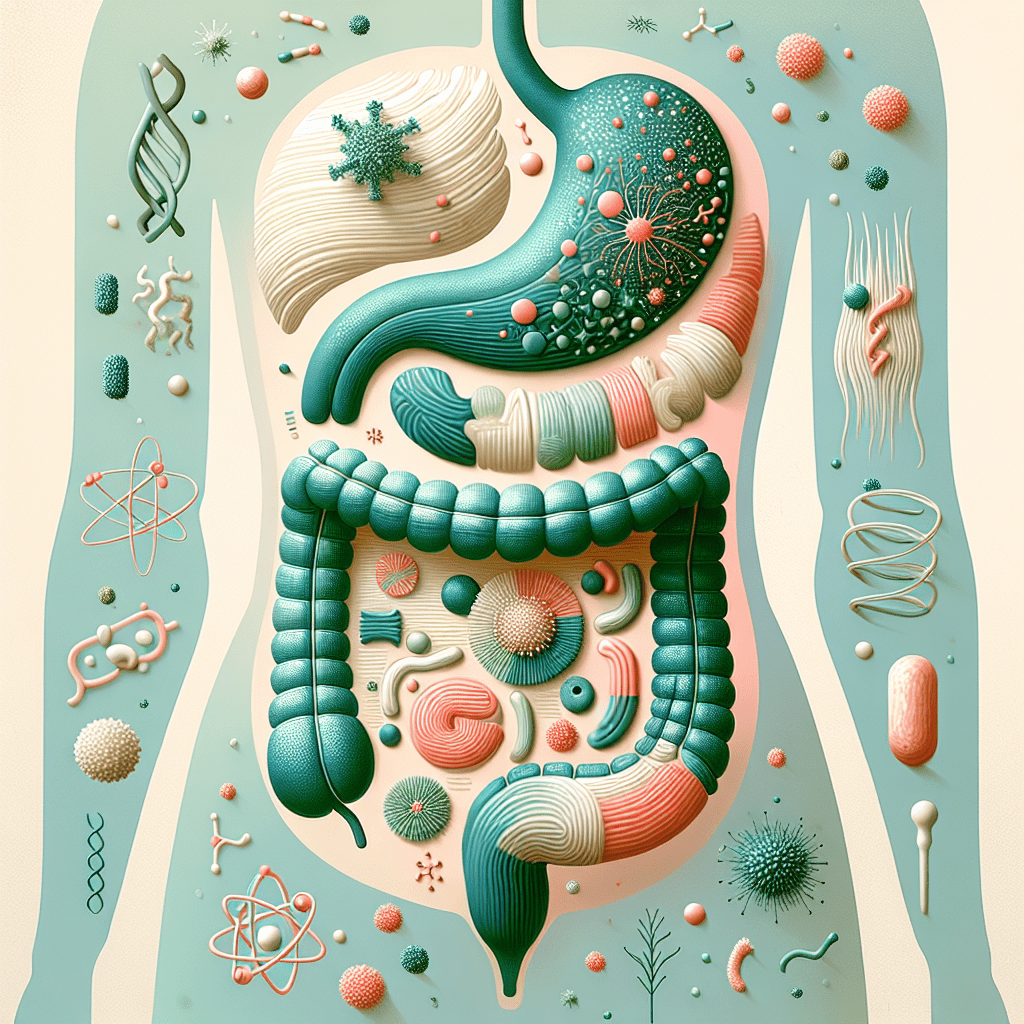
What diseases is microbiota research expanding for?
Discover how microbiota research is unlocking new insights into diseases and opening up innovative avenues for diagnosis, treatment, and prevention.... Read more

Discover how microbiota research is unlocking new insights into diseases and opening up innovative avenues for diagnosis, treatment, and prevention.... Read more

Discover the common signs and symptoms indicating your gut microbiota may be damaged, and learn how to restore your digestive... Read more